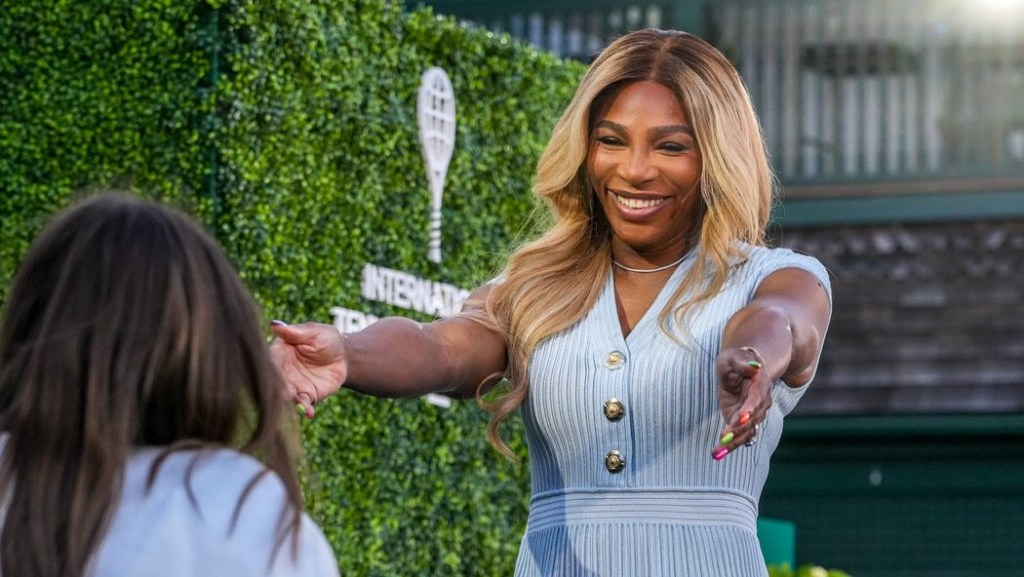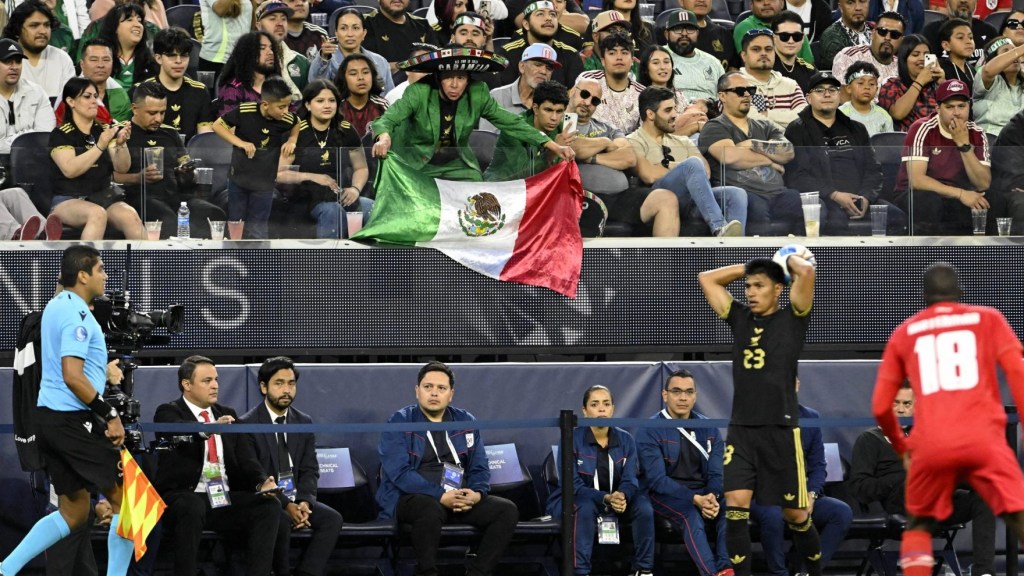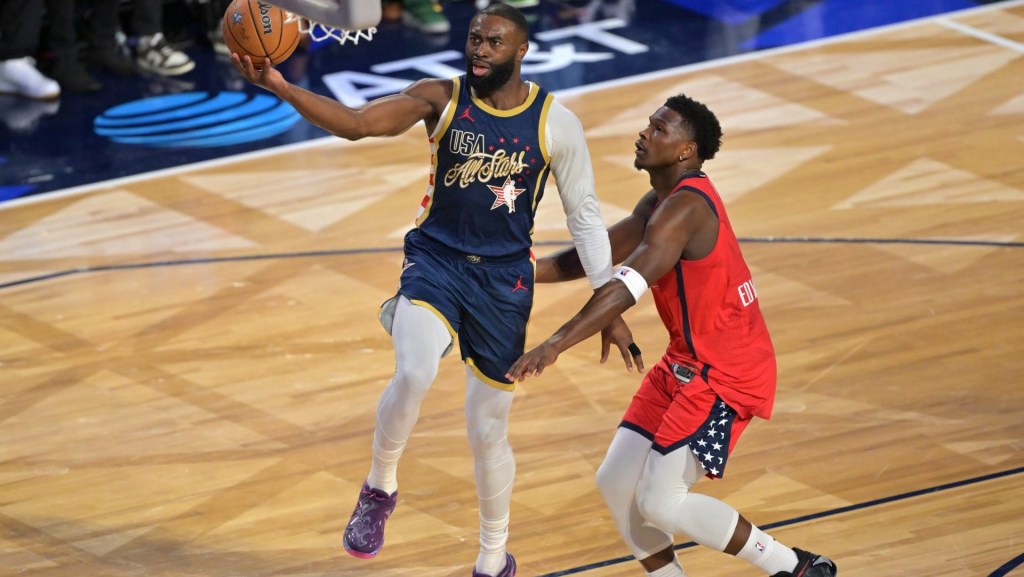Former NFL Pro Bowler Adewale “Wale” Ogunleye will lead a new endeavor with UBS Global Wealth Management — the Athletes and Entertainers Strategic Client Segment, which will provide “holistic financial advice” to clients across both industries.
Ogunleye played in the NFL for 13 seasons, retiring in 2011. He got an MBA from George Washington University in 2014 and joined UBS in 2019 as the head of sports and entertainment.
He plans to draw on his own experience coming into a large sum of money early in life, with little guidance, to increase awareness of the importance of financial literacy and wealth management.
“I just didn’t understand finances. I didn’t understand the simple, simple, basic things like budgeting and why that is important. Why is it important for me to break down my finances and, you know, liquidity and longevity and legacy,” Ogunleye said. “And because I didn’t understand those things, I got myself in trouble.”
According to a widely-cited Sports Illustrated report, 78% of NFL players file for bankruptcy after only two years and 60% of retired NBA players do so after five years. The segment will aim to help leading athletes and entertainers “develop a financial plan to maintain their current lifestyle, to prepare for their future and to leave a legacy that matters and can change the world.”
“I got involved with the wrong type of advisors — advisors that, on paper, could talk my talk, who could speak my language. But didn’t really have the capabilities of a UBS, And have the backstops and the security measures to make sure that you’re not investing in a Ponzi scheme, right? So this is what’s needed,” he said.
Ogunleye is looking to directly combat a lack of a financial education that many athletes and entertainers face. In his own experience in the NFL, there was no infrastructure to support players when it came to managing their finances.
“The sad part about it is, they’re adults, right? So you can’t force anybody to do anything. You can hope — and pray — that someone takes an interest in their own finances. But what I tell people all the time is, when it comes to entertainment, entertainers are a microcosm of society. It’s just not its own little section of it. You’ve got different people, different walks of life, different backgrounds,” Ogunleye said. “So the reason why this becomes more prevalent in this space is because you’re giving this segment of our population a ton of money, super fast. And the majority never had this type of money and don’t know, from A to Z, what managing this type of wealth is.”
There is a tangible interest in financial literacy, however, as more than 200 NFL players and their significant others participated in an hour-long webinar on the topic at the start of the COVID-19 pandemic.
Ogunleye and UBS have also launched a financial literacy course for college athletes, laying the groundwork for sound financial choices, even if only a small fraction of them go pro.
“By the time they get to the league, or they’re in front of a camera it’s too late, it’s too late, almost,” Ogunleye said. “Whenever anyone leaves college, they should have a basic, fundamental understanding of finances and that’s going to help our society. It’s gonna help our athletes out and it can help their families in the communities that they come from, knowing that when they leave the universities, they’ll at least have some understanding.”
This particular cultural moment – one that’s seen the ushering in of the athlete empowerment era and players using their platforms to fight for social causes — is as ripe as ever for this type of initiative. Athletes are increasingly embracing financial opportunities like investing in the companies they endorse, and some many have independently been calling for the type of programs Ogunleye suggests are critical.
“I used to say, I got here pre-George Floyd. But the truth of the matter is I got here post-Trayvon Martin,” Ogunleye said. “So it doesn’t matter when and where you start, because when it comes to this segment, of the financial industry, there has been some issues of diversity, whether it’s demographic or gender. We — and I say ‘we, because I’m in a fight now’ — but the financial industry has a problem with trying to step outside of the norm.”
“And I give UBS credit because before I sat down and took this job, we had a candid conversation with senior management, and to my surprise, they understood that there was some work to be done,” he added. “But they felt like, and with my input, that we needed someone who looks like the clients that we have. Who’s gone through it, who personally, personally understands the needs of the segment.”
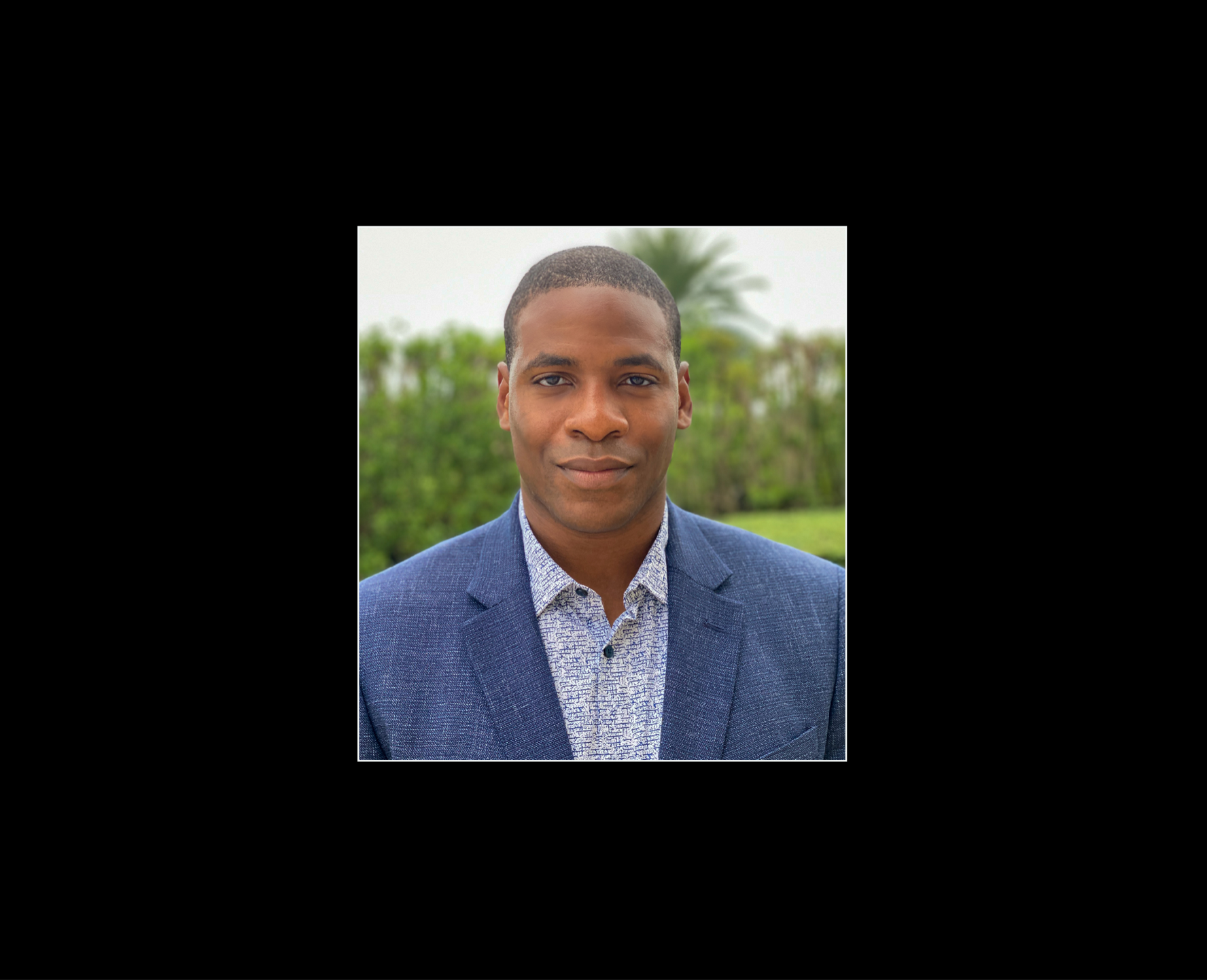
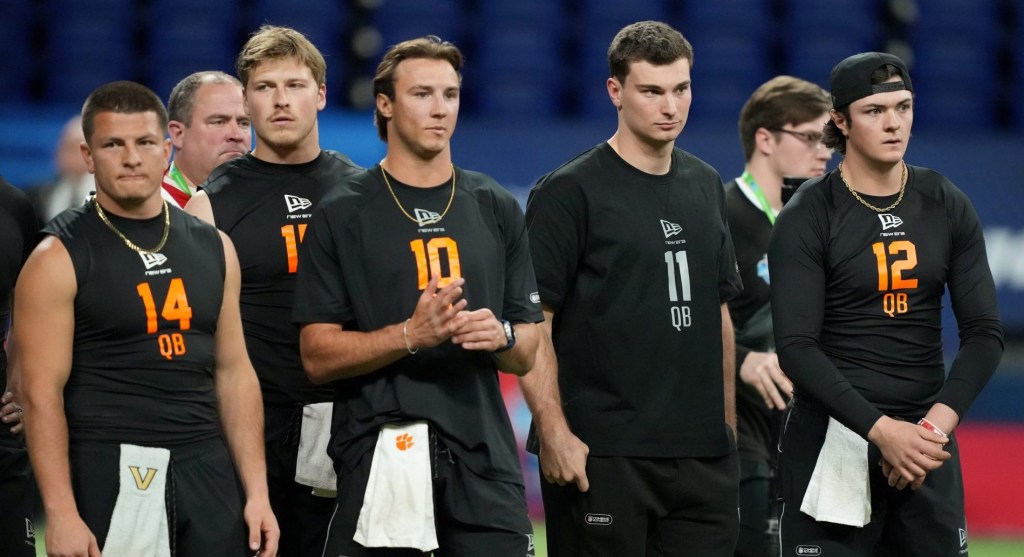
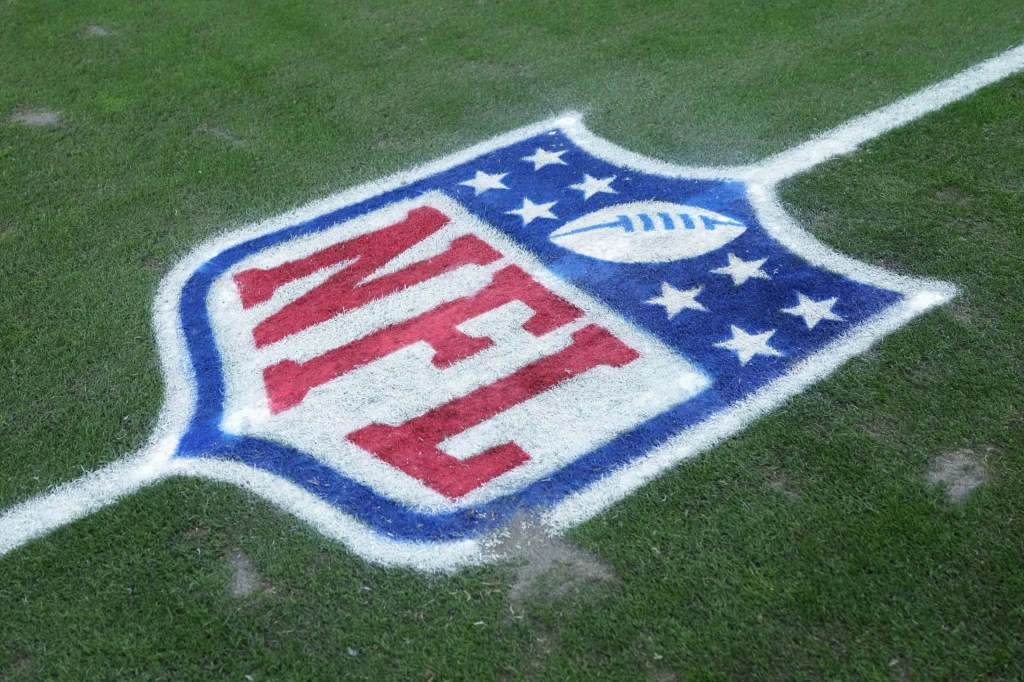

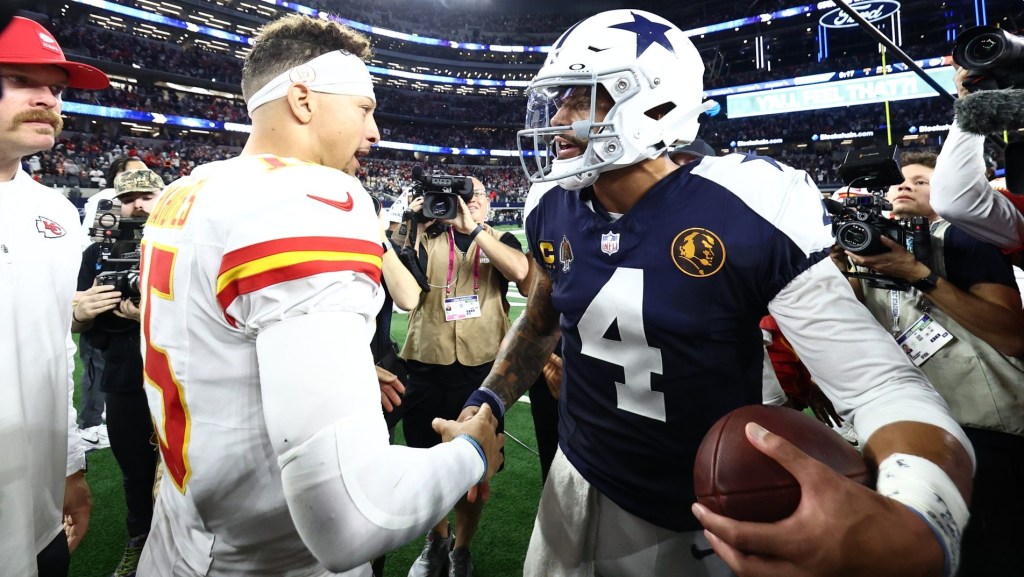
![[Subscription Customers Only] Jun 15, 2025; Seattle, Washington, USA; Botafogo owner John Textor inside the stadium before the match during a group stage match of the 2025 FIFA Club World Cup at Lumen Field.](https://frontofficesports.com/wp-content/uploads/2026/02/USATSI_26465842_168416386_lowres-scaled.jpg?quality=100&w=1024)
![[Subscription Customers Only] Jul 13, 2025; East Rutherford, New Jersey, USA; Chelsea FC midfielder Cole Palmer (10) celebrates winning the final of the 2025 FIFA Club World Cup at MetLife Stadium](https://frontofficesports.com/wp-content/uploads/2026/02/USATSI_26636703-scaled-e1770932227605.jpg?quality=100&w=1024)






